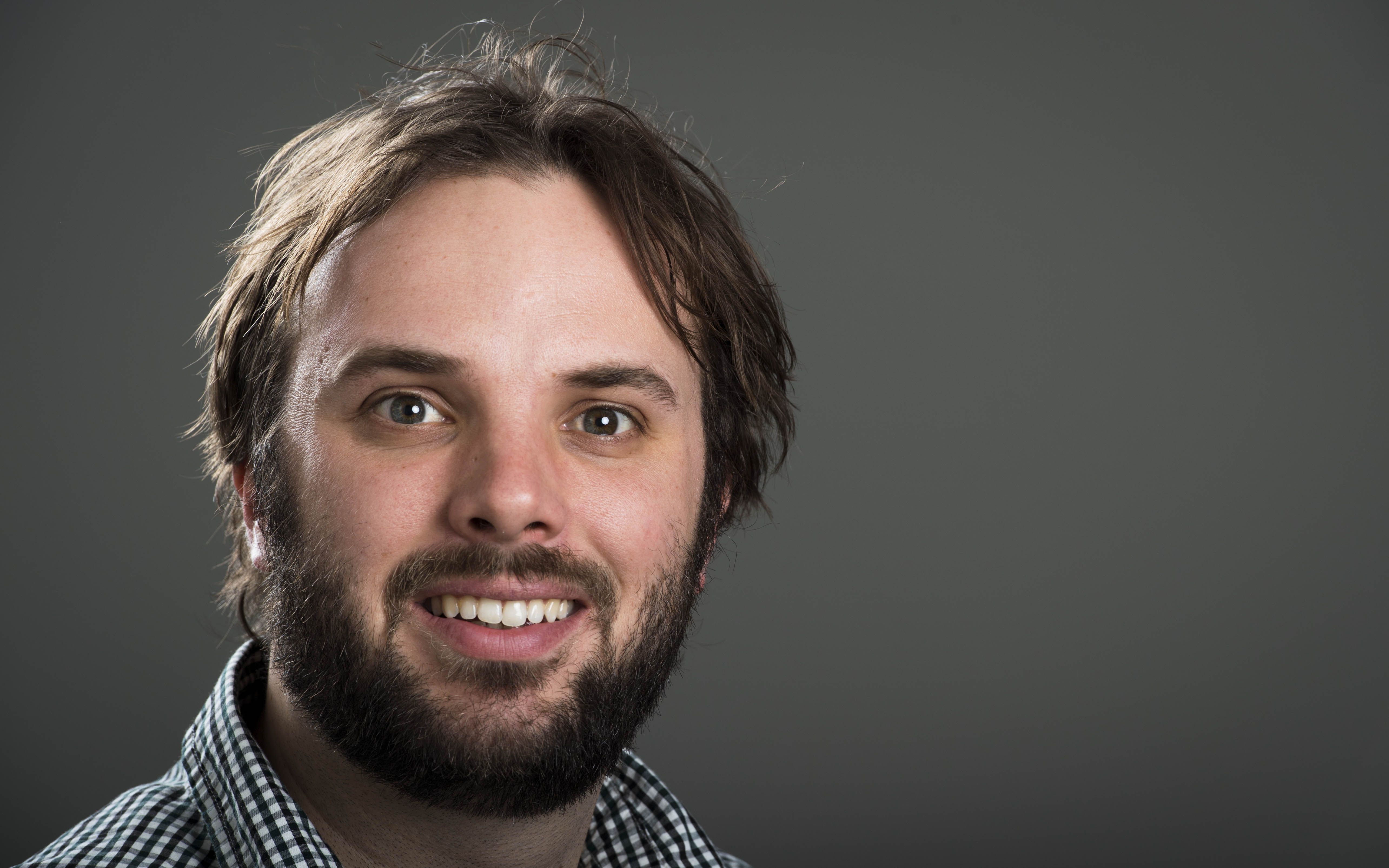First Henrikson defense witness offers different account of Clarke killing
The first witness called by James Henrikson’s defense attorneys Monday offered a different account of the deadly bludgeoning of Kristopher Clarke from his confessed killer.
Jason Fox, a Scottsdale, Arizona, resident and associate of Henrikson’s busy partner, Ryan Olness, testified he’d been told by Olness that a hired killer from “Chicago or New York” flew to North Dakota and landed a single killing blow on Clarke, then Olness cleaned the machine shop where Clarke was killed.
Fox’s testimony differed significantly from Timothy Suckow, the Spokane Valley man who testified earlier this month he took a train to North Dakota in February 2012, then struck Clarke three or four times until Clarke’s head “went soft” and cleaned the floor himself. Suckow also said only he, Henrikson and Clarke were present when Clarke was killed.
After four weeks of presenting their case, federal prosecutors rested Monday without calling Doug Carlile’s widow to the stand. Before stepping aside for the defense to make its case, however, assistant U.S. attorneys Aine Ahmed and Scott Jones played once more the frantic 911 call made by Elbert Carlile from the floor of a closet in their South Hill home where Doug Carlile was shot and killed Dec. 15, 2013.
But most of the testimony Monday surrounded the months leading up to Clarke’s disappearance, and what was said in the aftermath. Fox, who himself has pleaded guilty to federal charges of fraud and mislabeling drugs, said he and Olness traveled to a country music festival in Arizona together in the spring of 2012 when the topic of Clarke’s murder came up.
In a conversation lasting less than five minutes, Fox said, Olness recounted watching Clarke’s murder in Henrikson’s machine shop at the hands of the East Coast hit man. But Fox later admitted to using marijuana and cocaine around the time the story was relayed to him by Olness.
Olness was afraid of Henrikson and openly wept on the phone with Fox when talking about him, Fox testified. Fox said he did not record his conversation with Olness in 2012, under questioning from Jones.
The defense team has consistently argued throughout the trial that Suckow and another Henrikson employee, Robert Delao, invented their client's participation in the plots to kill in order to avoid harsher punishment for their crimes.
The prosecution doesn’t dispute that Olness was present at the machine shop Feb. 22, 2012, when the supposed murder of Clarke took place, but that he arrived after the killing had taken place. That’s based on the testimony of Suckow and depositions given by other witnesses who were there that day. Olness would the next day deliver an envelope to Henrikson and Suckow containing the “balance” of what Henrikson owed Suckow for killing Clarke before Suckow’s train left for Spokane, court documents allege.
Olness himself was the target of one of Henrikson’s plots to kill, according to a summary of the prosecution’s case unsealed in federal court. Henrikson was angry that Olness had not returned Henrikson’s pill press, and in September 2012 attempted to reach out to Suckow - through Delao - to travel to Arizona and kill Olness.
Defense attorneys also doggedly questioned FBI Agent Eric Barker on Monday morning whether he had attempted to hide the existence of a cell phone record that placed Suckow in Bismarck, North Dakota, on the afternoon of Clarke’s disappearance. Barker said the call was “an outlier” and there was no way Suckow could have traveled to Bismarck, roughly three and a half hours from the site where Clarke was allegedly killed, in the gaps between other cellphone records suggesting he was present for the murder.
Todd Maybrown, one of Henrikson’s attorneys, pointed to emails obtained by the defense where Barker asked whether he had to turn over the anomalous cellphone record.
“You didn’t think we were going to get your emails when you were preparing discovery in the case, did you?” Maybrown asked.
“I didn’t care,” Barker said, adding that the question of whether to turn over the call was a routine communication with his supervisor.
The defense plans to call Delao back to the stand, as early as this afternoon, to likely ask him about false testimony he gave in a 2007 Spokane County robbery trial. The defense will also call back Sarah Creveling, Henrikson’s ex-wife.
Follow @kiphillreporter on Twitter for the latest updates in this case.
